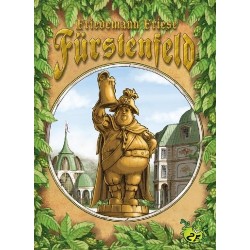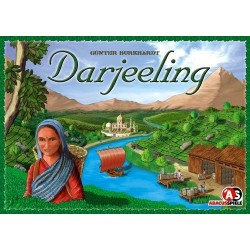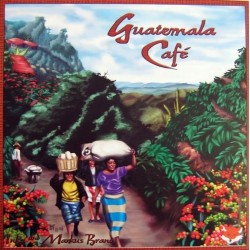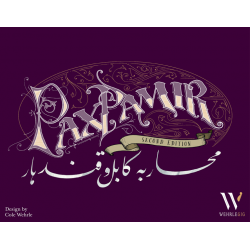No products in the cart.
Active filters
Bohnanza
Bohnanza is the first in the Bohnanza family of games. The cards are colorful depictions of beans in various descriptive poses, and the object is to make coins by planting fields (sets) of these beans and then harvesting them. To help players match their cards up, the game features extensive trading and deal making.
Fürstenfeld
Furstenfeld is an economic game for 2-5 players.
The players are princes and own their own “Fürstenfeld”, where they produce hops, barley, and spring water. They sell their harvest to different breweries, which have different demands for the 3 goods.
Darjeeling
In 1835, the British East India Company leased the region around the location of the modern-day city of Darjeeling.
The British strategically placed the trading post to build a sanatorium there as well!
Guatemala Café
The players take on the roles of coffee plantation owners. They try to grow different kinds of coffee and to reap the benefits as often as possible. If they manage to ship the coffee from the harbor, they can even multiply their well-earned profits.
Ever Green
Combination of card play and timing from Wolfgang Kramer & Michael Kiesling. There are some recording artists who are famous for singing certain standards. Players are putting on concerts and use numbered cards for each performer to take control of that singer. The singers are represented by old fashioned 45s, with a disc in the center showing values from 5 to 12.
Pax Pamir: Second Edition
In Pax Pamir, players assume the role of nineteenth century Afghan leaders attempting to forge a new state after the collapse of the Durrani Empire. Western histories often call this period "The Great Game" because of the role played by the Europeans who attempted to use central Asia as a theater for their own rivalries. In this game, those empires are viewed strictly from the perspective of the Afghans who sought to manipulate the interloping ferengi (foreigners) for their own purposes.












